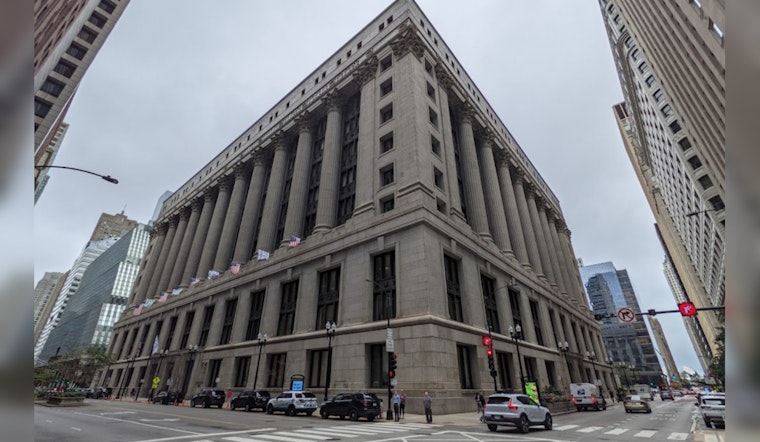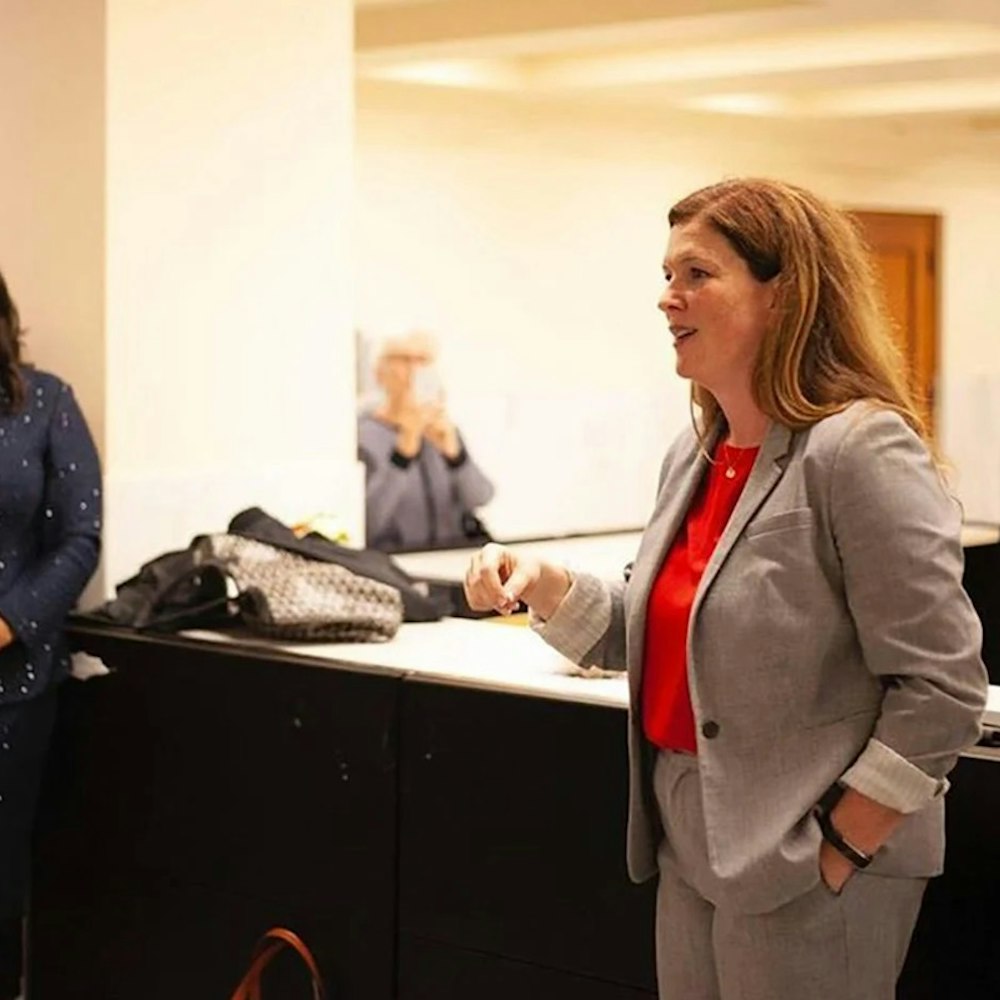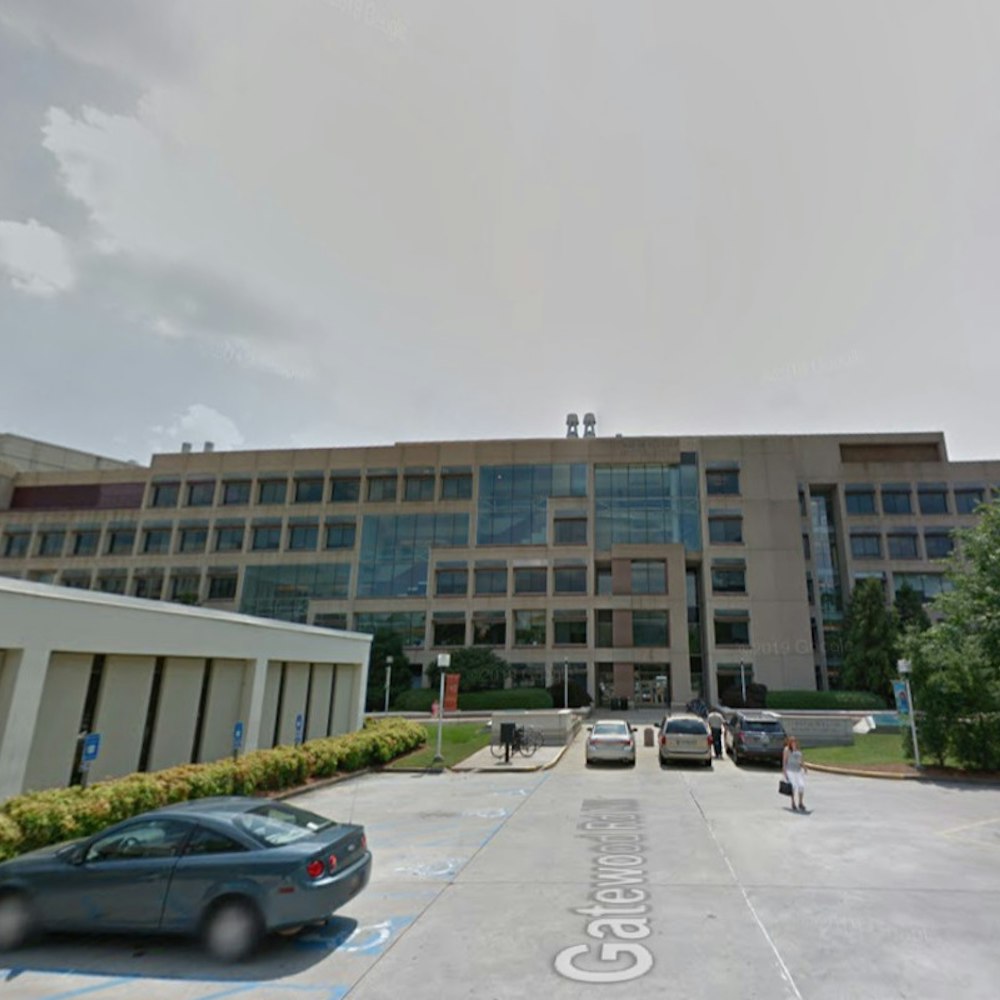
Chicago’s days of dabbling in derivative dice-rolling are done. The city has officially tossed out its interest-rate swap arrangements, an action hailed as a step towards securing a more stable fiscal future. According to an announcement from the city, the move severs the final ties to a financial strategy that, while common in the pre-2008 world, has been under scrutiny since the global financial crisis hit.
“By closing the City’s interest-rate swap position we are ensuring that there are financial guardrails for future generations and demonstrating our commitment to not only be reactive to the needs of the City but be proactive in protecting its interests,” Chicago Mayor Brandon Johnson was quoted as saying. The cautionary stance against swap agreements, recommended by the Government Finance Officers Association post-2008, has been adopted by state and local governments wary of the risks, complex and oft-misunderstood nature of swaps.
Jill Jaworski, the City's CFO, added, “Favorable market conditions have also allowed us to terminate the swaps and refund bonds with positive PV savings and over $7.4 million in cash-flow savings.” Chicago's escape from the murky waters of derivatives is not just for show, the numbers spell clear benefits and, according to the city's financial heads, nil exposure to these financial tools now buffers it against potential market volatility.
It seems the city’s latest series of financial backflips include a bond refunding move on March 13, leveraging market conditions to sort out Midway Airport's revenue debt. Thanks to this, there's a fresh set of bonds, dubbed Series 2024A and 2024B replacing the ancient Series 2004C and 2004D Airport Revenue Bonds. The timing is crucial, too, with the airport seeing a resurgence in passenger numbers, which clearly outpaces its pre-pandemic hustle and bustle.
The implication here goes beyond book balancing – it's a strategic shuffle intended to optimize Midway's capital setup. And it’s not just the accountants nodding their heads in agreement, this decision is sprawled across a larger canvas – improving services for airlines and passengers alike. A move that Johnson sees as buttressing Chicago's future pillars, both financial and infrastructural.



-2.webp?w=1000&h=1000&fit=crop&crop:edges)





